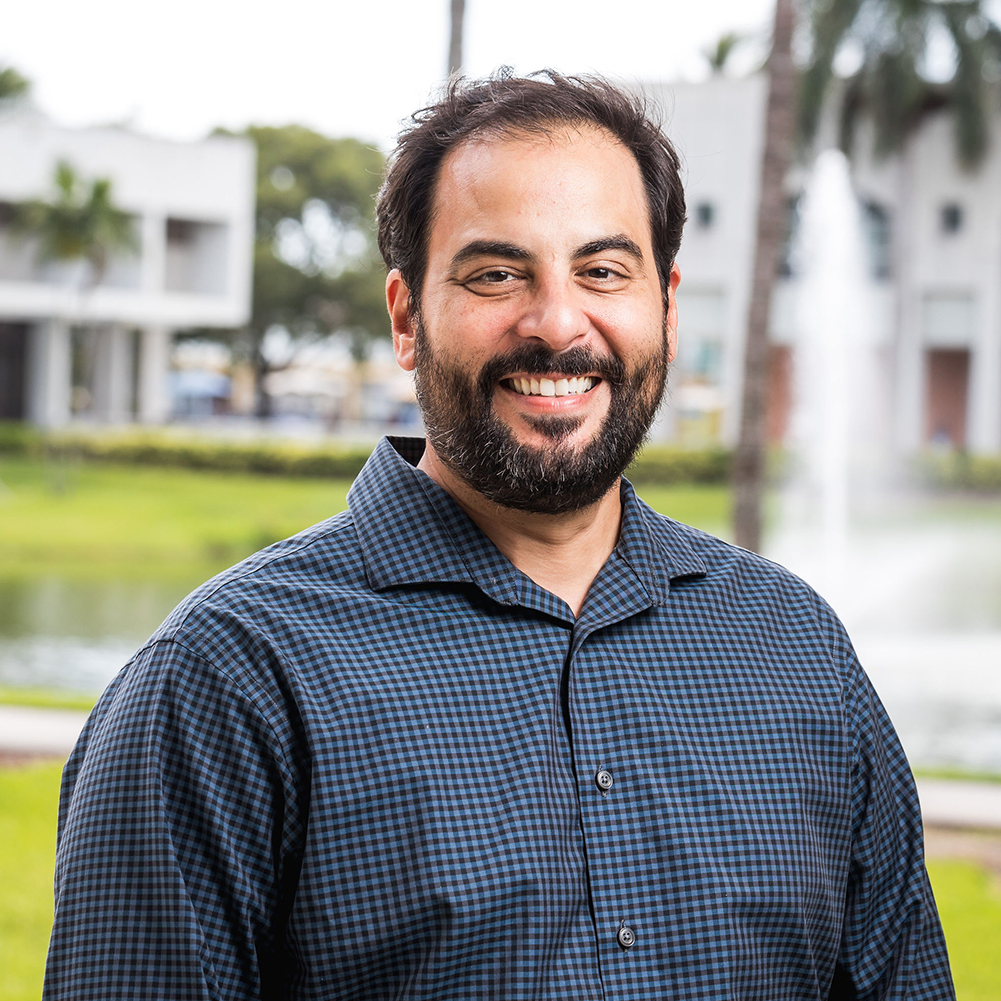The National Institute on Drug Abuse-funded FIU T32 Training Program is supported by two academic units: the Center for Children and Families and the Department of Epidemiology.
Our T32 predoctoral training program brings together the strength of various doctoral programs in our institution in areas of research relevant to substance use and child/adolescent mental health. Our program emphasizes:
- Developmental psychopathology/neurobiology and child/adolescent risk factors for substance use
- Prevention and intervention for adolescent substance use disorders
- Dissemination, implementation and health services practice
- Responsible Conduct of Research
An emphasis will be placed on research and training for pre-doctoral trainees that is translational (e.g., moving from controlled studies to community-based participatory research); transdisciplinary (e.g., applying research strategies with different models and paradigms); and relevant for diverse populations (e.g., comorbid conditions across populations, under-resourced communities).
Eighteen participating program mentors at various stages in their career provide expertise that spans Clinical Psychology, Public Health, and Cognitive Neuroscience. Most have been or are currently funded by National Institute on Drug Abuse, National Institute on Alcohol Abuse and Alcoholism, National Institute of Mental Health or National Institute of Child Health and Human Development, and have particular expertise in childhood and adolescent risk factors for Substance Use Disorder in youth and co-occurring SUD and mental health problems (e.g., conduct problems, depression, ADHD). Faculty have expertise in prevention and intervention for at-risk teens; community-based and school-based research on prevention and intervention (extensive relationships with Miami-Dade County Public Schools, the fourth-largest school district in the United States), including ethnically informed treatments; drug abuse and neurodevelopment; etiology and consequences of adolescent substance use; health service disparities; and various drugs of abuse including opioids, electronic nicotine delivery systems, nicotine, and cannabis use.
Depending on the expertise of the faculty mentor with which T32 participants will train, research opportunities will also include diverse settings, such as school health clinics, and varied models (clinical, neuroscience, preclinical and health service). Moreover, trainees will be able to take advantage of several program mentors’ experience in urban settings and with community-based programs. FIU is a site for the landmark Adolescent Brain Cognitive Development (ABCD) Study and several investigators associated with the consortium serve as mentors; thus, providing additional expertise and training relevant to understanding the interface of mental health and substance use in the developing brain.
Director
Raul Gonzalez Jr
Professor
305-348-4921
gonzara@fiu.edu
AHC4 461
Associate Director
Elisa M. Trucco
Associate Professor
305-348-8426
etrucco@fiu.edu
AHC1 237

